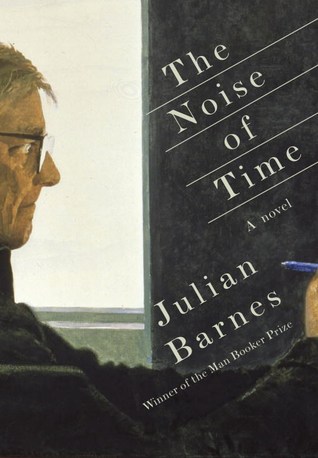More on this book
Community
Kindle Notes & Highlights
He switched his attention back to the chauffeur’s ear. In the West, a chauffeur was a servant. In the Soviet Union, a chauffeur was a member of a well-paid and dignified profession.
There were chauffeurs so successful that they had their own chauffeurs.
But it was not easy being a coward. Being a hero was much easier than being a coward. To be a hero, you only had to be brave for a moment—when you took out the gun, threw the bomb, pressed the detonator, did away with the tyrant, and with yourself as well. But to be a coward was to embark on a career that lasted a lifetime. You couldn’t ever relax. You had to anticipate the next occasion when you would have to make excuses for yourself, dither, cringe, reacquaint yourself with the taste of rubber boots and the state of your own fallen, abject character. Being a coward required pertinacity,
...more
One to hear, one to remember, and one to drink—as the saying went. He doubted he could stop drinking, whatever the doctors advised; he could not stop hearing; and worst of all, he could not stop remembering.
He would like to remember only the things he chose: music, Tanya, Nina, his parents, true and reliable friends, Galya playing with the pig, Maxim imitating a Bulgarian policeman, a beautiful goal, laughter, joy, the love of his young wife. He did remember all those things, but they were often overlaid and intertwined with everything he wanted not to remember. And this impurity, this corruption of memory, tormented him.
All his life he had relied on irony.
You write a final movement to your Fifth Symphony which is the equivalent of painting a clown’s grin on a corpse, then listen with a straight face to Power’s response: “Look, you can see he died happy, certain of the righteous and inevitable triumph of the Revolution.” And part of you believed that as long as you could rely on irony, you would be able to survive.
If you turned your back on irony, it curdled into sarcasm. And what good was it then? Sarcasm was irony which had lost its soul. —
The gossips and myth-mongers had their own version of formalism, as defined by Sergei Sergeyevich Prokofiev: anything we cannot understand on first hearing is probably immoral and disgusting


